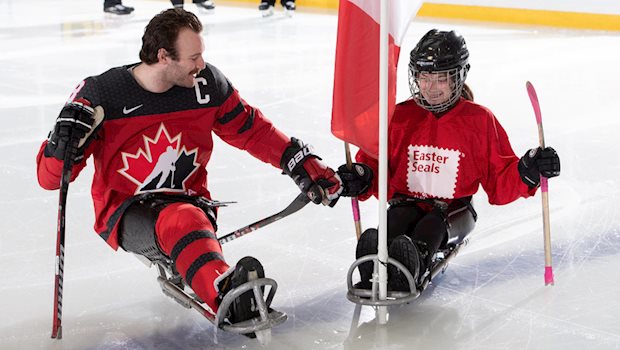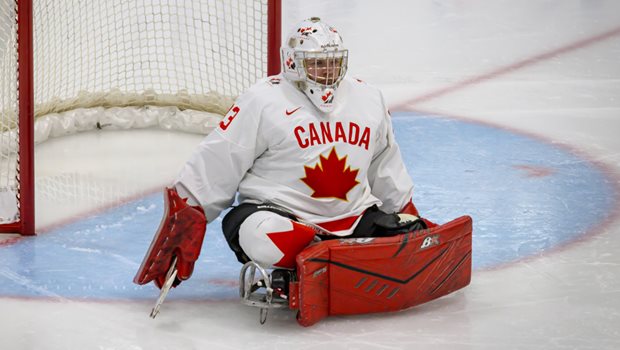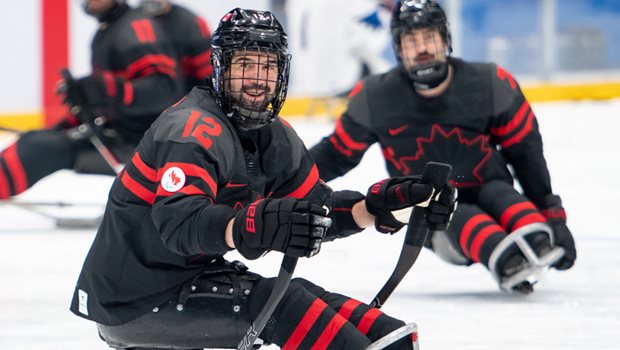Schedule
Team Canada (Men)
IIHF World Junior Championship | Dec. 26, 2024-Jan. 5, 2025
Spengler Cup | Dec. 26-31, 2024
4 Nations Face-Off | Feb 12-20, 2025
IIHF U18 World Championship | April 23-May 3, 2025
IIHF World Championship | May 9-25, 2025
U17 World Challenge | Nov. 3-9, 2024
Hlinka Gretzky Cup | Aug. 5-10, 2024
Junior A World Challenge | Dec. 9-15, 2024
National Junior Team vs. USPORTS | Dec 12-13, 2024
Search
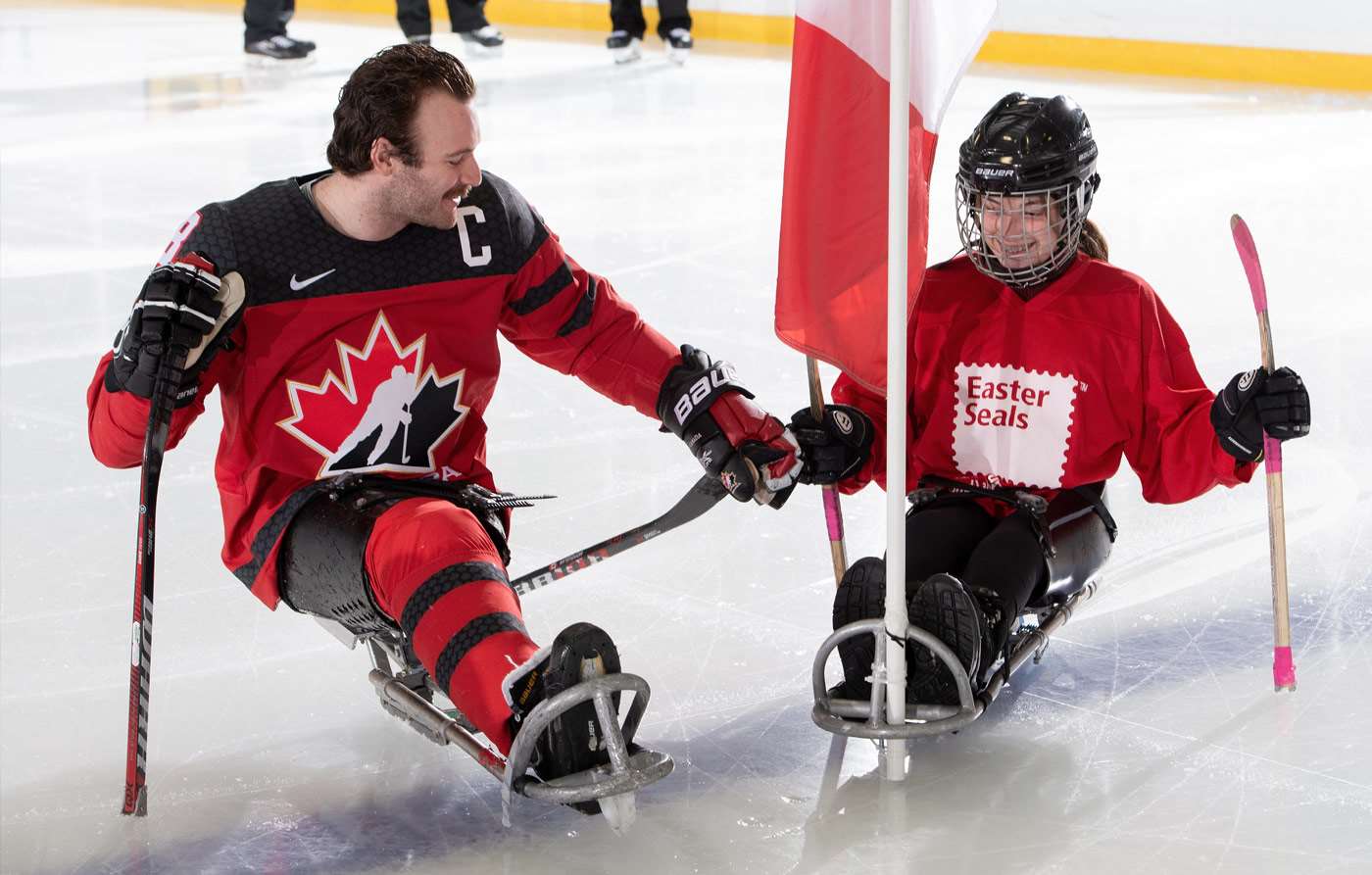
Hockey was my first love. Since the first time I picked up a stick when I was 18 months old, it has been my passion. My obsession. It’s the oxygen I breathe. And in the darkest and loneliest moments of my life, it was my lifeline. My guiding light. It was something to believe in.
As a kid, I played all kinds of sports. But nothing made me feel alive like I did with a stick in my hands and skates on my feet.
The flow. The speed. The skill. The creativity. The physicality. I was completely captivated by it. And over time, that has blossomed into a love much deeper than simply just how it’s played.
Being a part of a team, and the unbreakable bonds formed from that. Championships won and lost. The experiences and the memories. The lessons I’ve learned from those – about myself, others and life. The continuous process of improvement. Of challenging my body and mind to try and become the very best.
Hockey can help shape who we are and what we become.
)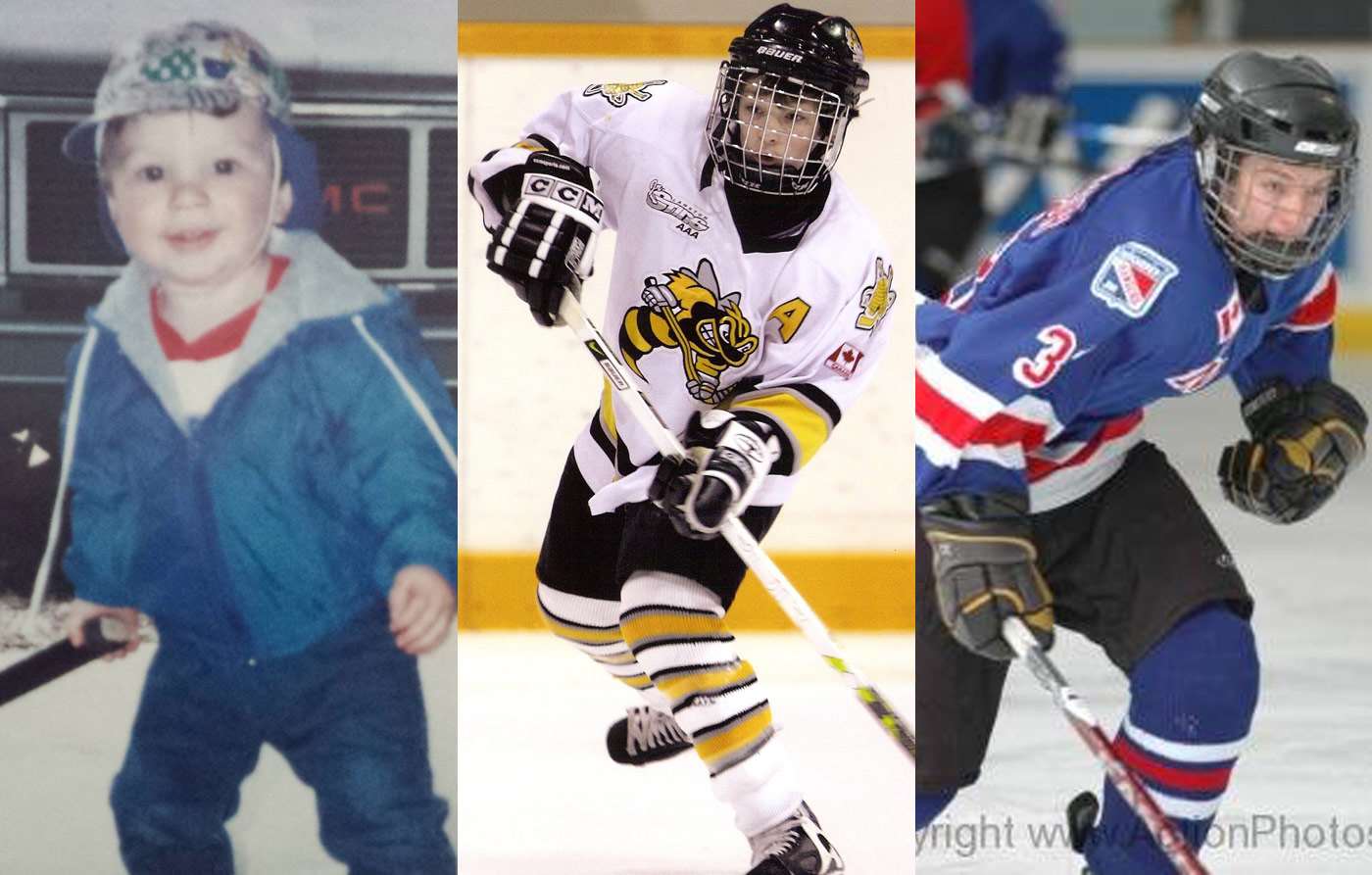
I grew up in Forest, a small town in southwestern Ontario. I played my first year of organized hockey when I was three years old ... if you can call it organized at that age. I had learned to skate the year before, and the house I grew up in was 400 metres from the rink. If that rink was still open, I guarantee it’d be one of the coldest in Canada. But there was no place I’d rather have spent most of my early childhood.
The ice surface was tiny. And the boards in each corner were almost at a 90-degree angle. The panes of plexiglass on each side of the rink were so low that everyone in the stands could lean over them, and they sat in place loosely enough that you could shake them. And believe me, we did. Whenever our hometown team would play in big games at home, that arena would be packed with almost the entire population of Forest, and everyone would be shaking the glass uncontrollably. We would put that building on wheels. The memories of both watching and playing in that arena are nostalgic. That’s where the foundation of my dreams was built.
The best part? Whenever I’d leave, I’d just walk down the road to the rink my dad would build every year in our backyard. Or I’d be in the garage. I’d just spend hours there playing hockey by myself, with my dad or with friends, recreating goals and moments that I couldn’t stop dreaming about. I’d pretend I was Doug Gilmour and Joe Sakic. And I’d narrate the whole thing in my best Bob Cole voice. Remember the goal Joe Sakic scored on Mike Richter to clinch Canada’s first men’s Olympic gold in 50 years? I do. I scored that same goal about a million times on the backyard rink and in the garage, trying to perfect my release to be able to shoot like he did.
As my passion and ability continued to grow and evolve, I started playing AAA for the Lambton Jr. Sting in Minor Peewee (now it’s U12). And I’m eternally grateful that my family gave me every opportunity to succeed, to live my childhood dream. Those years were when I really started to learn, grow and excel as a player.
Fast forward to September 11, 2009 – the last hockey game I played on a pair of skates. I was playing for the Huron Perth Lakers in our first game of the season. It was our OHL draft year, and I had just come off a season playing Minor Midget (U16) with the 1993 age group as a 1994. I was confident, and I was ready. I couldn’t wait to get the season started.
A period and a half into it ... fractured tibia and fibula, the result of the softest net-front collision I’ve ever been involved in. To be fair, I should’ve seen it coming. My left leg was in agonizing pain for weeks leading up to that.
But there I was, crawling to the bench with a broken leg, a date with the operating room and a 4-6-month recovery process. If everything went well, I’d be back just before the playoffs started.
It started that way, and I was back on skates about six weeks later. At that point, a return looked promising. The next few months were a much different story. Over that time, I couldn’t tell you what was growing from my leg. It was warm, like touching a feverish forehead, but never painful. And it was huge. By January, I had a growth the size of a tennis ball on my left leg. Trying to fit my shin pad around it was an absolute joke. Yet I’d still been practicing with the team before my final visit with the surgeon. I’d planned to get clearance and be back the next week. What a naive 15-year-old I was.
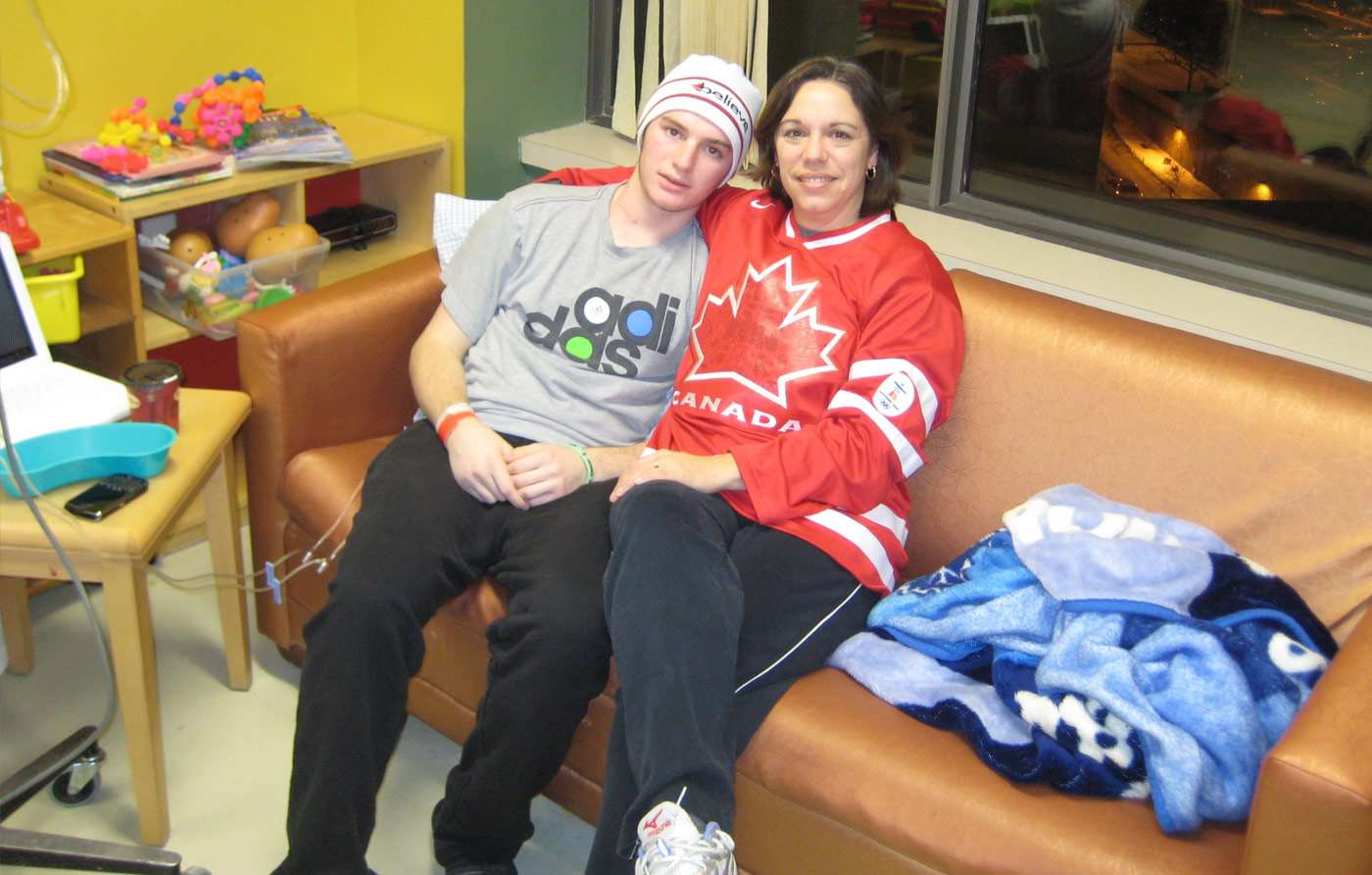
Now it’s January 25, 2010. The x-ray I’d had prior to meeting with the doctor showed that about two inches of the bone in my left leg had been missing. It was being held together by the titanium rod I’d had months earlier during surgery. I’ll spare you the medical terminology, which I’d likely butcher anyways, but I was booked for emergency surgery the next day.
I went into the operating room unsure of the procedure I was having done. Reconstructive bone surgery or a biopsy. But the surgeon’s gut feeling from studying my x-rays told him it was cancer. He was right, and I was diagnosed with spindle cell sarcoma, a form of soft-tissue cancer that originates in the bone.
I don’t remember much from those first few weeks in hospital. But I was able to spend one night at home. One of the first people to call our house?
Bobby Orr.
Seriously. My mom almost hung up the phone thinking it was a prank call. Thankfully she didn’t, and I had the honour to speak with one of the greatest Canadians to ever play the game.
I started an eight-month chemotherapy protocol within the next week. The first treatment was the worst nausea I’ll ever experience in my life. It was hell that lasted nearly two weeks. I wouldn’t wish it on anyone.
At that time, in February 2010, the Vancouver Olympics were about to start. My mom had tickets booked to be there with some of our other family, but had to cancel those plans after my diagnosis. I remember wanting her to still go, to experience a once-in-a-lifetime opportunity.
But she didn’t; she spent every day in the hospital with my dad, sister and I. Instead, we watched the Opening Ceremony together on the world’s worst TV in the hospital.
I felt guilty. So as we watched, I told her we’d go to the next one together in four years instead. And four years later, we did. Except we didn’t go as fans. She went to watch me play.
In those first few weeks, it seemed like the world was crashing down on me. After a meeting with my orthopedic oncologist, it did come crashing down. He brought news I’d feared the most after my diagnosis.
I’ll never forget the words. “Tyler, to save your life we have to amputate your leg.”
My mom and dad were next to me in the hospital room at that moment, and we couldn’t stop crying.
They say taking someone’s livelihood away from them is akin to killing them. Well, those words killed me. Everything I’d ever dreamed of, gone. In one breath.
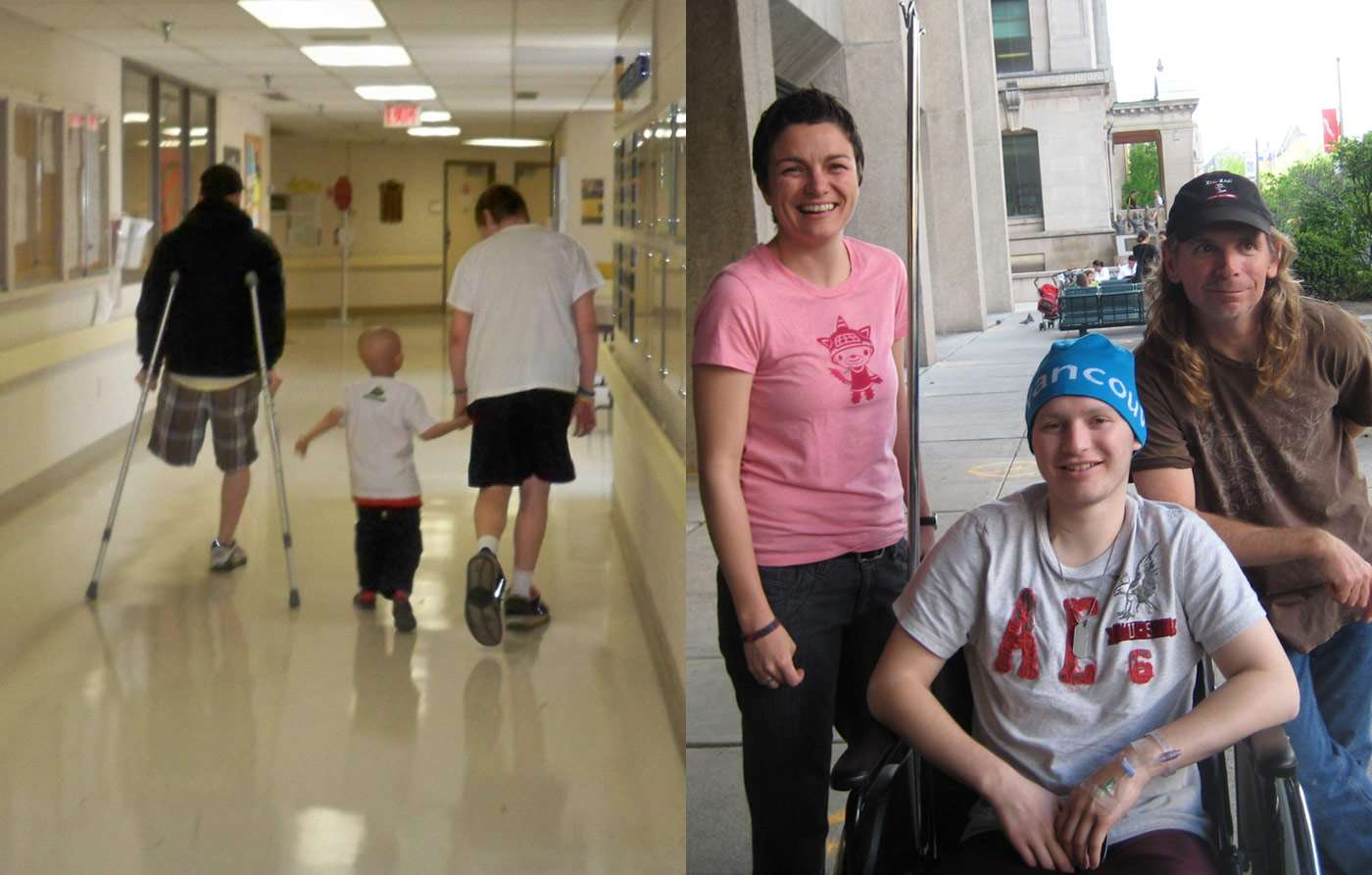
My amputation was the same day as the OHL draft I had planned to be a part of. After my surgery – and throughout the next five months of chemotherapy – I had no idea who I was or what I was ever going to be. Despite all the incredible people I was surrounded by, I still felt isolated from the world.
One of the benefits of that, though, was I got to watch classic hockey rivalries all the time. It was a chance to escape reality. It became my religion. Being a Sakic fan, the Red Wings-Avalanche rivalry of the late ‘90s was always my favourite. Watching those games helped me get through some of the darkest moments of that time. Hockey was always there to take my attention away, to give me hope and something to believe in – even when I wasn’t sure I’d ever play again.
The hardest part? It wasn’t overcoming cancer, or the amputation. No, I had all the love, support and resources in the world to fight that battle.
I had my hero, Terry Fox, whose legacy allowed me to survive.
I had my doctors, nurses and other medical staff. Their magic literally saved my life.
And I had my family, friends and teammates. They were by my side every step of the way, literally. My mom, dad and sister must’ve made thousands of trips between Forest and London that year. It’s one of those questions that you can’t seem to find an answer for – How would I ever be able to thank them for what they’ve done for me? I love my family more than I’ll ever be able to articulate with words.
No, the hardest part was overcoming myself. Pulling myself from the coldest, darkest corner and deciding that I wasn’t done. I was just getting started, and I sure as hell don’t believe in doing things halfway. I’d been deprived of hockey for almost two years with a few exceptions. So I jumped head first into something new. A sport that’s almost exactly the same, but different. A sport that reignited the fire inside of me. Something that I could become great at.
That’s when I started para hockey, after being introduced to it through former coaches.
It felt strange, starting a sport identical in most ways. It was a sport I’d played my entire life, but I had to completely adapt the way in which I played, without the use of my legs.
The transition felt more technical than anything – having to learn a new skill set that included my upper body and torso, so I could apply that to the knowledge, ability and instincts I’d carried forward from my stand-up days.
It was humbling, and it was hard as hell. So I adapted – my training, my mindset, my perspective.
Nine years later, it is still humbling, and it always will be. That’s part of the reason I love it. Those constant roadblocks that present themselves and require you to learn, adapt and overcome.
Especially after I thought my hockey dreams were over, para hockey was exactly what I needed. After feeling lost, it provided me with a new sense of direction.
It wasn’t just a chance for me to play again; I wanted to play for Team Canada. I’ve never been interested in just participating. I want to be the best in the world. So I did what a kid from a blue-collar family does ... I got to work.
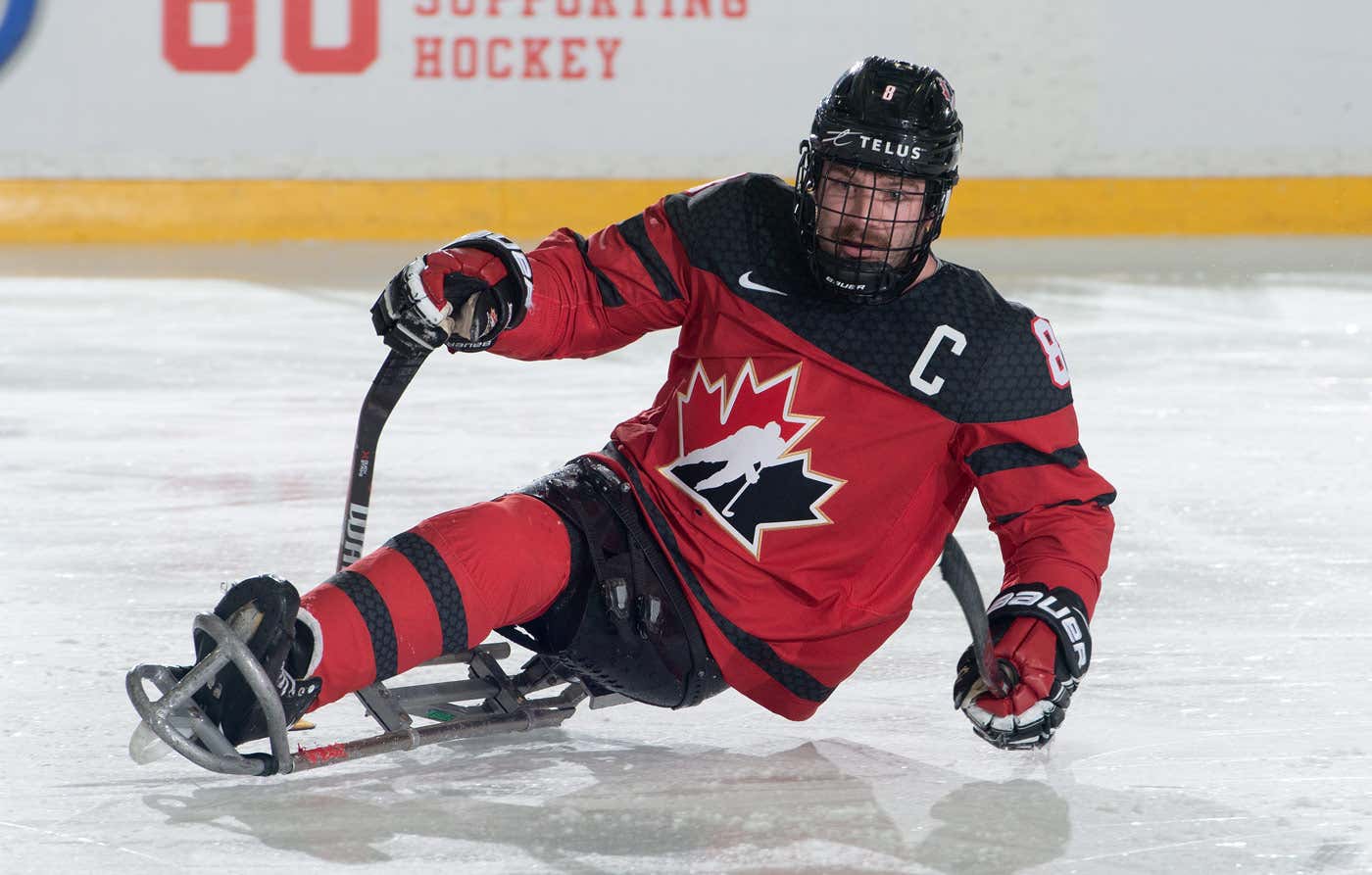
Before the end of 2012, I played my first game as a member of Canada’s National Para Hockey Team. Things don’t just become easy when you get there. You don’t become complacent and content. That’s when the real work starts. Striving to be a better version of yourself than you were yesterday.
Believe me, that’s not easy. It certainly hasn’t been for me. It isn’t for anyone else, either. The past eight years have been the greatest of my life. I have my team to thank for that. We have military veterans, survivors of cancer and other health issues, some were in tragic accidents, others with complications from birth. High-performance people from all walks of life. They’re my best friends and my inspiration. And we’ve shared everything together.
The highlight-reel stuff. The sexy stuff. The world championships. The celebrations. Those moments of pure joy that you wish could last forever. We’ve shared them together.
Those days you’re close to quitting, the ones filled with soreness and pain. The heartbreak. The tears. Those late-night conversations about hockey and life. We’ve shared them, too.
All of my adult life’s biggest moments, the biggest lessons. We’ve shared them all together. I wouldn’t trade that for anything. Those guys mean everything to me.
It’s important to know – it’s not going to be easy. It shouldn’t be.
So, whatever it is that you dream about. Whatever it is that lights a fire inside you. Getting there isn’t just a final destination you arrive at some day. It isn’t just the gold medal or the Stanley Cup. Although you should never stop setting those goals for yourself. But always remember, a major part of the dream is actually right now. The present moment, and the next step you take. It’s making the decision to take action to create the future you dream about.
And those championships along the way? They’re a result of making those tough decisions to follow that dream. To make the investment. And to love every minute of it.
For me, it was the young boy who always needed a puck on his stick, who became obsessed with getting better. He became the kid who decided to put together the broken pieces of himself to find a way to keep playing. Now, he’s the man who wakes up every day striving to perfect his craft. To push the boundaries of his physical and mental capacity. To become great.
But understand that it isn’t a solo endeavour. Surround yourself with people who will push you, humble you, help you, love you and care for you.
And most importantly, make sure you always do the same for them.
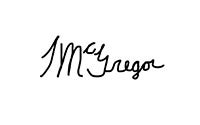
About the author
Tyler McGregor first joined Canada’s National Para Hockey Team in the fall of 2012, quickly earning a regular spot in the Team Canada line-up. His résumé includes bronze at the 2014 Paralympic Winter Games and silver in 2018, and IPC World Para Hockey Championship gold medals in 2013 and 2017, when he scored twice in 13 seconds to help Canada past the U.S. in the final. McGregor, who ranks fifth in all-time national team scoring with 142 points (76G 66A) in 109 games, was named captain of Team Canada ahead of the 2019-20 season.

















